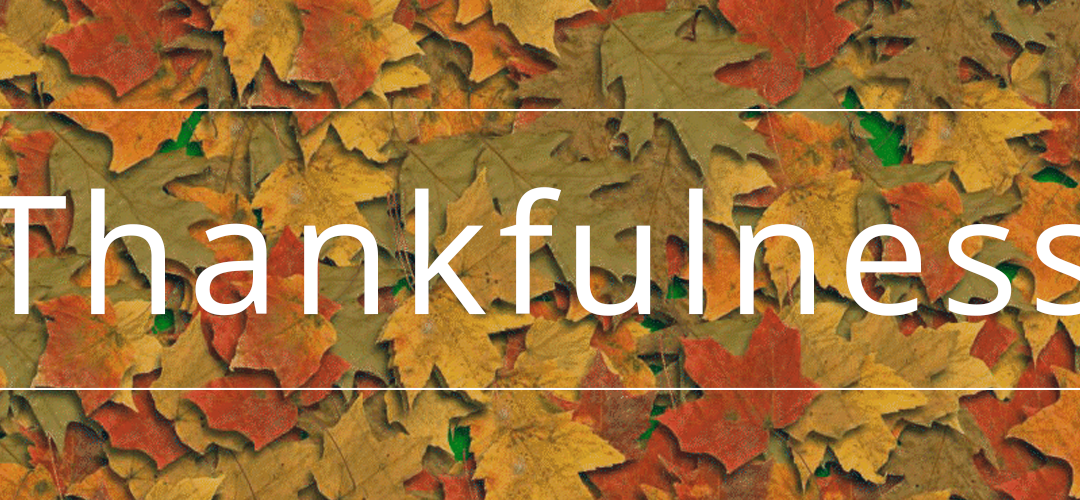We have all heard sayings like, “count your blessings”, “acknowledge the gifts that you have received” and “don’t forget to stop and smell the roses.” All of those sayings simply mean to live life with an attitude of gratitude.
Gratitude = Thankfulness
Thankfulness allows you to concentrate on the blessings you already have and helps you discard the notion that you lack certain things. Living thankful allows you to be happier, reduces stress and helps to strengthen relationships.
Did you know that your basic level of happiness is set at a predetermined point? If something bad happens to you during the day, your happiness level can drop momentarily, but then it will return to its average level. Likewise, when something positive happens to you, your level of happiness rises, and then it returns once again to your average level. When you consistently practice gratitude, your happiness level will increase so you can remain at a higher level of happiness regardless of outside circumstances.
Dr. Robert A. Emmons, Ph.D., is a Professor of Psychology at UC Davis, and he is considered by many to be the world’s leading authority on gratitude. He has written a book called, “Thanks!: How the New Science of Gratitude Can Make You Happier ”. In his book, he states, “Scientifically speaking, regular grateful thinking can increase happiness by as much as 25 percent, while keeping a gratitude journal for as little as three weeks results in better sleep and more energy.” But there’s more than science to embrace here: Emmons also bolsters the case for gratitude by weaving in writings of philosophers, novelists, and theologians that illustrate all the benefits grateful living brings.
Dr. Emmons’ research shows that those who practice gratitude tend to be more creative, bounce back more quickly from adversity, have a stronger immune system, and have deeper social relationships than those who don’t practice gratitude. He further states, “To say we feel grateful is not to say that everything in our lives is necessarily great. It just means we are aware of our blessings.”
Practice Makes Perfect
You may be asking yourself, “How can I practice gratitude?”.
One way to continually put gratitude in your daily routine is to keep a gratitude journal. Basically, every day, write down a list of three to ten things for which you are thankful. You can do this first thing in the morning or before going to bed at night. Another exercise you can try is to write a letter of thanks to a person who has been a positive influence in your life but you have never thanked.
Another great example of practicing gratitude is when Will Bowen, a Kansas City minister, challenged his congregation to go 21 days without complaining, criticizing, or gossiping. They each wore a purple No-Complaint wristband in order to remind them of this challenge.
Conclusion
Once you take the time to notice all the small blessings that are around you, suddenly you begin to appreciate the simple things and the activities, possessions, skills, and relationships that you previously took for granted. We should all strive to condition ourselves to notice the little things and find joy even in unpleasant situations.
Today, start bringing gratitude into your everyday life, instead of waiting for something positive to happen. You have the power to experience gratefulness right now which leads to a more abundant life.
Micah

